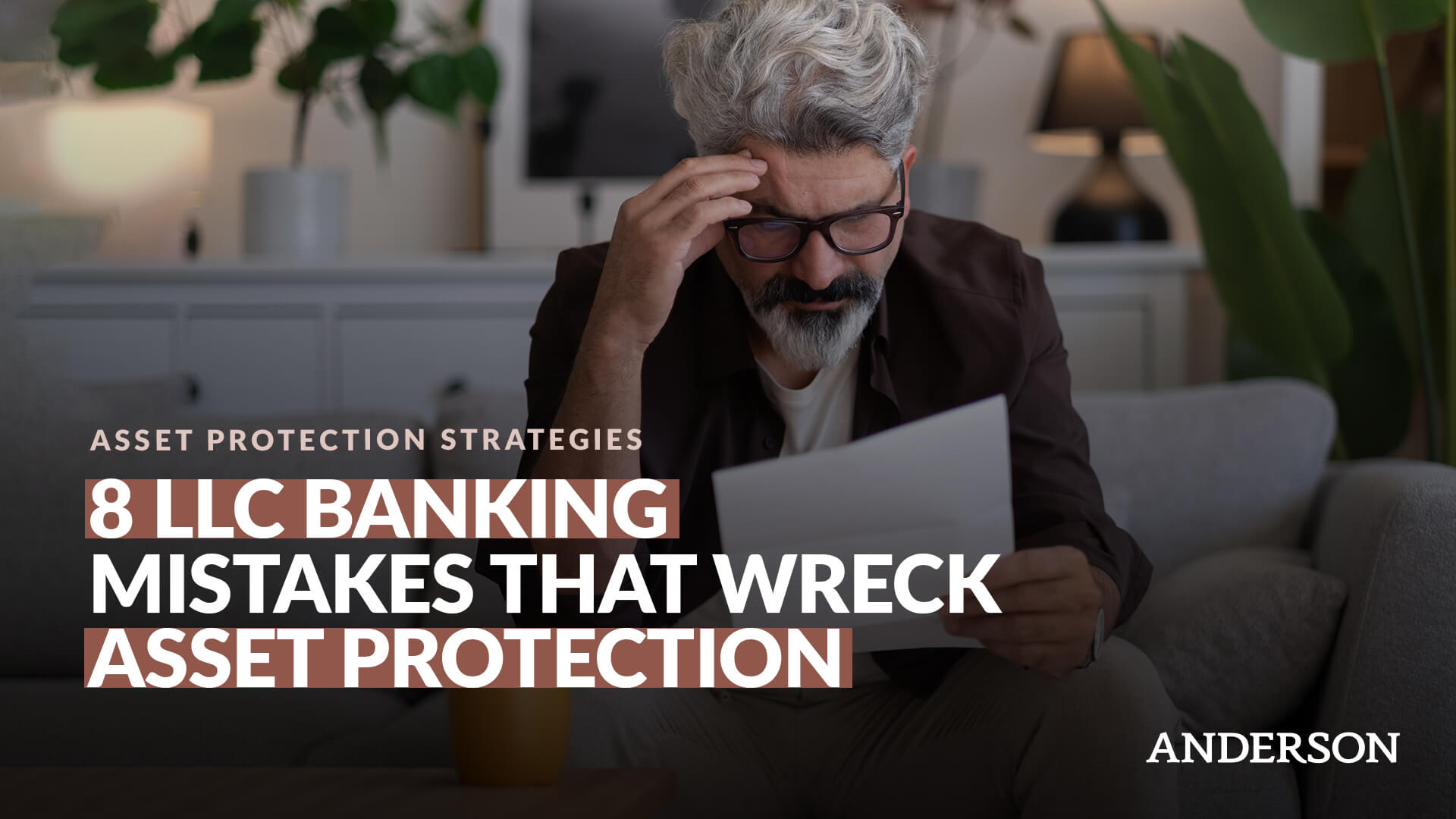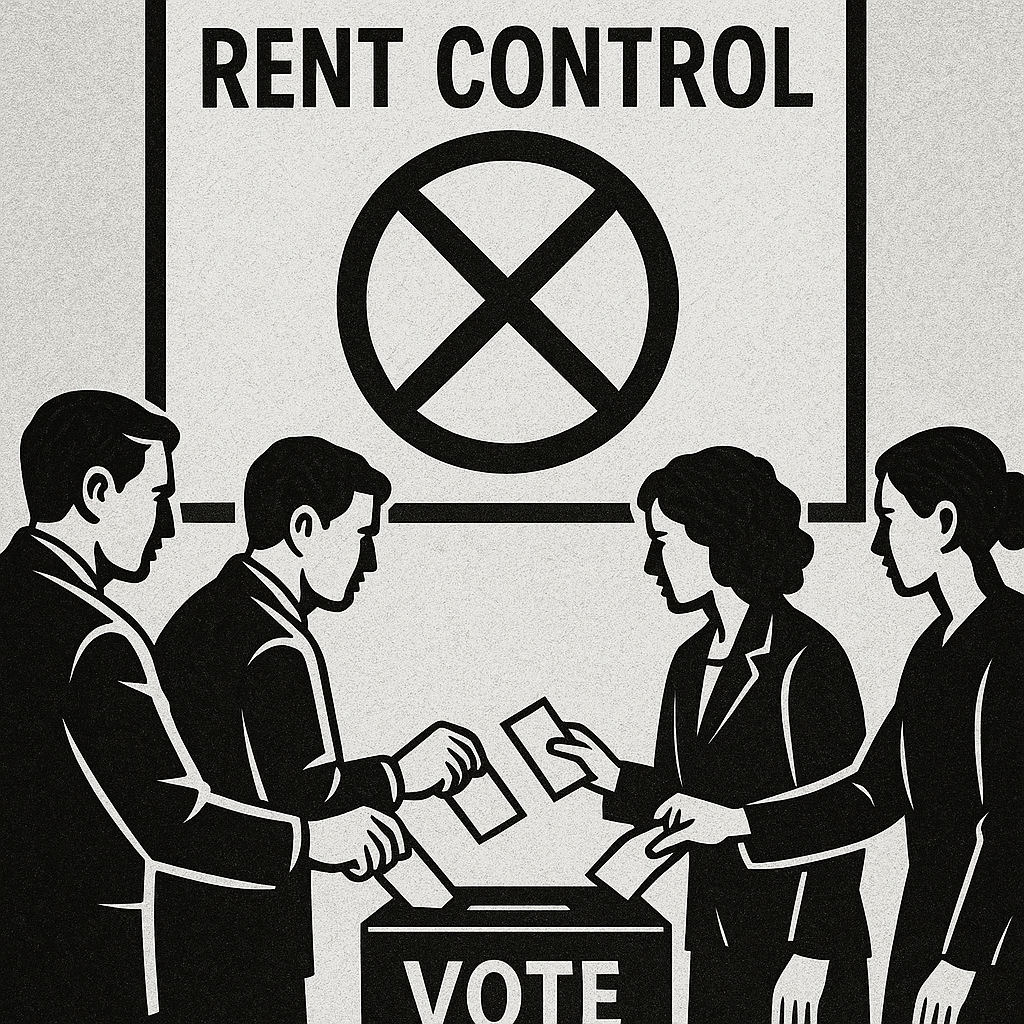Capital investment is critical for driving innovation and sustainable economic growth. Unfortunately, some countries’ important investment incentives are scheduled to decrease in the coming years—including in three countries that account for nearly a fifth of global private investment. Policymakers have an opportunity to support long-term growth by making these policies permanent.
When businesses make investments in physical assets, they consider how profitable a new production facility or machine might be. One factor that impacts profitability is the taxA tax is a mandatory payment or charge collected by local, state, and national governments from individuals or businesses to cover the costs of general government services, goods, and activities.
treatment of investment costs. If investment costs can be immediately deducted, then the business is able to make the investment without worrying about inflationInflation is when the general price of goods and services increases across the economy, reducing the purchasing power of a currency and the value of certain assets. The same paycheck covers less goods, services, and bills. It is sometimes referred to as a “hidden tax,” as it leaves taxpayers less well-off due to higher costs and “bracket creep,” while increasing the government’s spending power.
eroding its deductible costs. However, most countries require businesses to deduct costs over time—in some cases decades—which raises the after-tax cost of making an investment by eroding the value of deductions.
The rules that specify how much of an investment can be deducted each year are called depreciationDepreciation is a measurement of the “useful life” of a business asset, such as machinery or a factory, to determine the multiyear period over which the cost of that asset can be deducted from taxable income. Instead of allowing businesses to deduct the cost of investments immediately (i.e., full expensing), depreciation requires deductions to be taken over time, reducing their value and discouraging investment.
schedules, and the amount to be deducted is called a capital allowanceA capital allowance is the amount of capital investment costs, or money directed towards a company’s long-term growth, a business can deduct each year from its revenue via depreciation. These are also sometimes referred to as depreciation allowances.
.
Our recent report on capital allowances in developed countries shows that, on average, in 2024, the 38 countries in the Organisation for Economic Co-operation and Development (OECD) provided businesses with the ability to deduct only 68.5 percent of their investment costs over time. The calculation accounts for the time value of money, which is impacted by inflation.
Additionally, in high-inflation scenarios like the current one—where the OECD annual inflation was 5.2 percent in 2024—the investment amount businesses can recover is significantly diminished. An increase in inflation from 2 percent to 5.2 percent reduces the investment costs businesses can recover by up to 7.2 percentage points. On average, 37 percent of investment costs would not be deductible in OECD countries.
In 2022, some countries allowed businesses to deduct the full costs of investment, including Chile, Estonia, and Latvia. Other countries, including Canada, the United Kingdom, and the United States, provided full deductions for certain investments in equipment.
The impact of these reforms can be seen through the lens of the International Tax Competitiveness Index (ITCI). Partly thanks to improved capital allowances, over the past 11 years, Canada’s final rank increased by nine places from 26th to 17th, and the United States’ rank rose by 13 places from 31st to 18th. In contrast, Chile’s corporate rank dropped by nine places from 17th (in 2022) to 36th in the past year, as its full expensingFull expensing allows businesses to immediately deduct the full cost of certain investments in new or improved technology, equipment, or buildings. It alleviates a bias in the tax code and incentivizes companies to invest more, which, in the long run, raises worker productivity, boosts wages, and creates more jobs.
regime phased out completely.
Unfortunately, some of these policies were temporary. As the policies expired, the after-tax cost of investment rose. The amount of investment costs that businesses can deduct took a steep fall from 71.1 percent (69 percent when weighting the data by GDP) in 2022 to 68.5 percent (66.9 percent weighted) in 2024. However, from 2025 to 2027, as Germany, Lithuania, New Zealand, and the US have either reinstated or made permanent some of their provisions, capital allowances are expected to increase to 69.6 percent (78.7 percent weighted). The increase of capital allowances in the United States accounts for most of the sharp increase in the weighted average. From 2027 to 2029, as some of these policies expire, the after-tax cost of investment will rise and the amount of investment costs that businesses can deduct will fall to 68.6 percent (67.4 percent weighted).
Chile’s temporary full expensing for all assets implemented in 2020 already expired at the end of 2022, drastically moving the country’s system of capital allowances from one of the best in the OECD to the worst.
In Canada, a policy that provides immediate deductions for investments in equipment and accelerated depreciation for industrial buildings and intangibles is phasing out until it fully expires after 2027. The policy was first put in place in late 2018. However, during the 2024 fall economic statement, the former Canadian government announced the reinstatement of the accelerated investment incentives and full expensing for equipment. Now Canada has the opportunity not only to reintroduce these provisions but to make them permanent as the 2025-2026 budget is currently being drafted. In Germany, accelerated depreciation schedules for machinery were in place for the years 2020-2022. The provision was not applicable in 2023 but was partly reinstated for 2024 as part of the Growth Opportunities Act. The renewal was paired with an increased depreciation rate for dwellings until 2029. Additionally, the government has recently increased and extended the accelerated depreciation schedules for machinery into 2027.
The Czech Republic applied extraordinary depreciation of machinery from 2020 to 2023, allowing businesses to deduct 60 percent of investment costs in the first year and the remaining 40 percent in the second year. The provision expired in 2024.
New Zealand temporarily reintroduced depreciation for commercial and industrial buildings with an estimated useful life of 50 years or more from 2020 to 2023. Building depreciation was abolished again in 2024. However, the 2025 budget introduced an immediate 20 percent deduction for any new assets, including industrial buildings. Countries like Finland, Lithuania, the United Kingdom, and the United States recognized the importance of capital allowances in supporting business investment and decided to prolong or modify the policies set to expire.
In the United Kingdom, the temporary super-deduction of 130 percent for equipment, which expired at the end of March 2023, was substituted by full expensing. Additionally, long-life asset investments are subject to a 50 percent first-year deduction. In his Autumn Statement, British Chancellor Jeremy Hunt confirmed that full expensing will be made permanent instead of expiring on March 31, 2026. The change is expected to raise long-run GDP by 0.9 percent, investment by 1.5 percent, and wages by 0.8 percent, relative to a return to the pre-2021 law.
In Finland, the declining balance depreciation rate for machinery was temporarily doubled for the years 2020-2023. This provision was extended to 2025.
In 2025, Lithuania introduced draft legislation that would allow for full expensing for machinery and equipment, as well as for software and acquired rights, starting on January 1, 2026.
In the United States, bonus depreciation, which was adopted in 2017, started phasing out in 2023, with first-year bonus depreciationBonus depreciation allows firms to deduct a larger portion of certain “short-lived” investments in new or improved technology, equipment, or buildings in the first year. Allowing businesses to write off more investments partially alleviates a bias in the tax code and incentivizes companies to invest more, which, in the long run, raises worker productivity, boosts wages, and creates more jobs.
dropping by 20 percentage points each year. However, in 2025, full expensing was made permanent. According to Tax Foundation estimates, this provision will raise GDP in the long run by 0.6 percent and increase the stock of capital by 1 percent. Additionally, the US will temporarily provide 100 percent expensing for qualifying structures (covering close to 100 percent of all industrial buildings), with the beginning of construction occurring after Jan. 19, 2025, and before Jan. 1, 2029, and placed in service before Jan. 1, 2031. This represents roughly 10-15 percent of all buildings and structures in the US. These provisions will temporarily give the US the 3rd best capital cost recovery system in the OECD, up from its current ranking of 21st. US policymakers should consider making the remaining building investment eligible for neutral cost recoveryCost recovery refers to how the tax system permits businesses to recover the cost of investments through depreciation or amortization. Depreciation and amortization deductions affect taxable income, effective tax rates, and investment decisions.
and make this provision permanent.
While a permanent expansion of capital allowances would support business investment, capital formation, and economic growth over the long term, temporary expansions have much more limited impacts. Businesses may accelerate some investment decisions they had already planned, but that just changes the timing of when investments happen rather than increasing the level of investment overall.
The policies in Canada, Germany, and the US are particularly important as these countries account for a significant amount of worldwide private investment. If their policies are not geared toward investment, it will put a drag on worldwide investment and economic output.
Rather than adopt temporary policies that phase out and expire, policymakers should focus their efforts on long-term reforms to support investment. In fact, Canada and Germany should aim to permanently provide immediate deductions for investments in machinery and equipment, and for all other capital investments, they should provide adjustments for inflation and the time value of money.
Stay informed on the tax policies impacting you.
Subscribe to get insights from our trusted experts delivered straight to your inbox.
Subscribe
Share this article


























